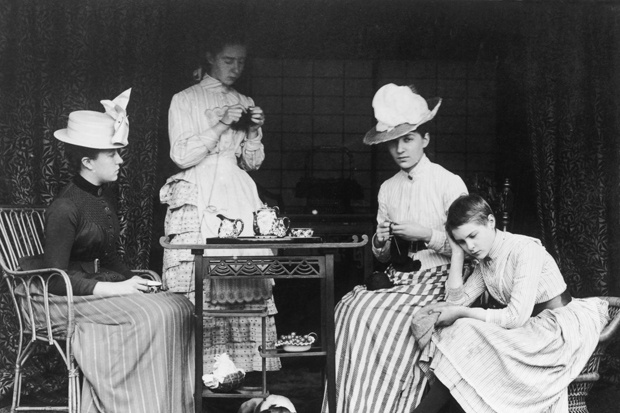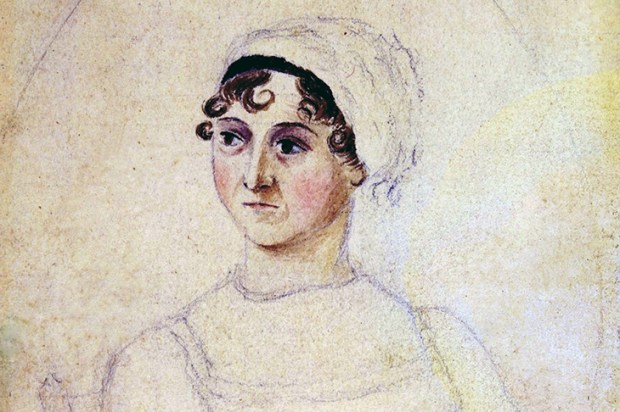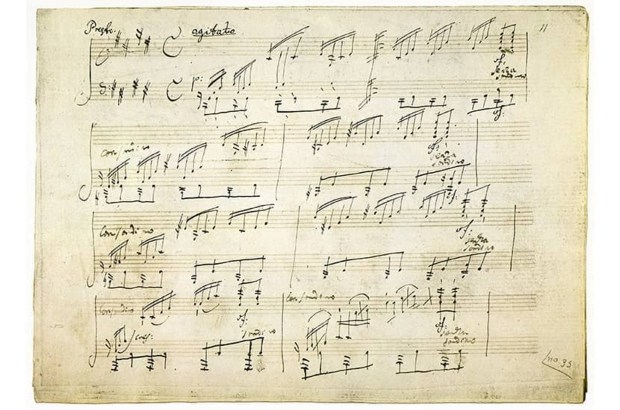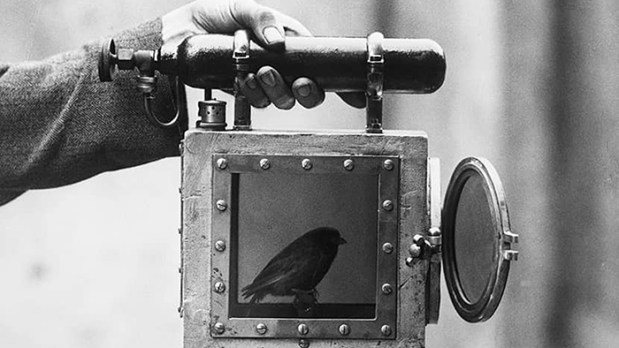When the American poet Elizabeth Bishop arrived in Brazil in 1951, she expected to spend two weeks there and ended up staying 15 years, a time of emotional turbulence and creative productivity. Bishop wrote poetry and prose and translated Latin American writers, including Octavio Paz, but this project, suggested by friends as a way to improve her Portuguese, is something completely different.
Already a subscriber? Log in
Subscribe for just $2 a week
Try a month of The Spectator Australia absolutely free and without commitment. Not only that but – if you choose to continue – you’ll pay just $2 a week for your first year.
- Unlimited access to spectator.com.au and app
- The weekly edition on the Spectator Australia app
- Spectator podcasts and newsletters
- Full access to spectator.co.uk
Unlock this article
Available from the Spectator Bookshop, £8.54, Tel: 08430 600033. Miranda France is the author of Bad Times in Buenos Aires.
You might disagree with half of it, but you’ll enjoy reading all of it. Try your first month for free, then just $2 a week for the remainder of your first year.














Comments
Don't miss out
Join the conversation with other Spectator Australia readers. Subscribe to leave a comment.
SUBSCRIBEAlready a subscriber? Log in